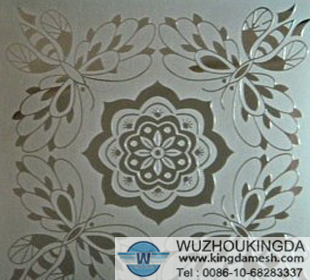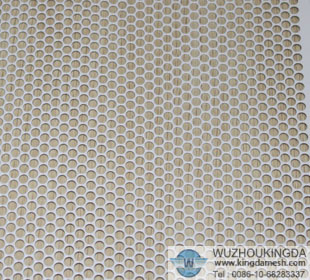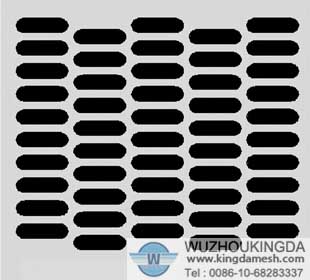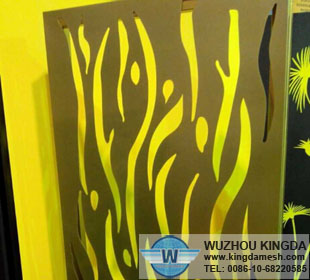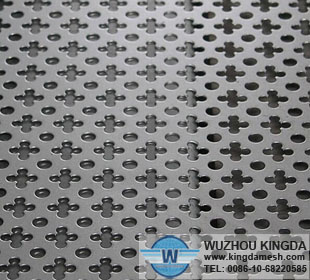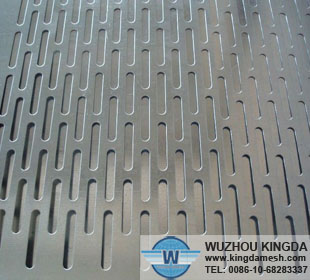Types of Metal Sheets
Types of Metal Sheets
Metal Sheets have many uses in modern society. Fences, furniture, automobiles and even computers use sheet metal. Metal Sheets gain its name from its thin and flat appearance. Unlike metal bars, Metal Sheets are flat enough that the manufacturer can create rolls of the material. Yet, Metal Sheets are not so thin that it can tear as easily as metal foil.
Cold Rolled Steel
Steel Metal Sheets are available in several forms, one of which is cold rolled. The process involves placing the metal alloy between two rollers---one on top and the other on the bottom---to deform the metal into a thinner piece, or sheet, than its original size. Cold rolled steel starts as hot rolled steel but the manufacturer rinses the metal with acid before completing the final roll. The final step is a heat treatment known as annealing. Cold rolled steel is stronger than, and has an improved finish, over hot rolled steel.
Hot Rolled Steel
Unlike cold rolled steel, hot rolled steel goes through the rolling process at temperatures over 1400 degrees Fahrenheit or higher. Manufacturers may use soaking pits of induction heating to raise the temperature of the metal before rolling the piece to achieve the desired size. This process yields Metal Sheets with thicknesses between 1/16 inches and 5/16 inches.
Mild Steel
Mild steel is a subset of cold-rolled steel. The steel alloy in this process contains less carbon than other steel Metal Sheets. Because of this, mild steel sheets react well to manipulation such as welding or formation. Mild steel sheeting is common in body panels of automobiles. Mild steel ranges in thickness from 2391/1000 inch to 67/1000 inch.
Aluminum
While Metal Sheets can consist of copper, brass, tin, nickel or titanium, aluminum is the most common sheet metal material besides steel. Because aluminum is naturally soft, manufacturers add elements such as iron, copper, silicon or magnesium to increase its strength. Some aluminum Metal Sheets are considered heat-treatable, a process that improves strength. Aluminum sheet metal tends to be corrosion-resistant, in general. Aluminum sheet metal is suitable for many purposes, including jewelry, fan blades, electronic chassis and household appliances.
Perforated Metal Sheets
Perforated Metal Sheets may consist of almost any type of sheet metal from stainless steel to bronze. It differs from typical sheet metal because the manufacturer has cut holes in the metal. The holes may be of various sizes or shapes. Round, square and slotted holes are especially common and it is not unusual for the perforations to appear in a symmetrical and even pattern, as is the case with enclosure Metal Sheets. Perforated Metal Sheets may also consist of more complex, decorative patterns as well.
